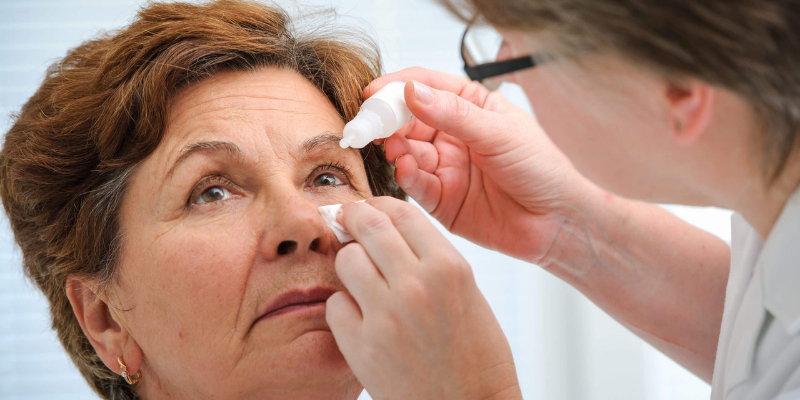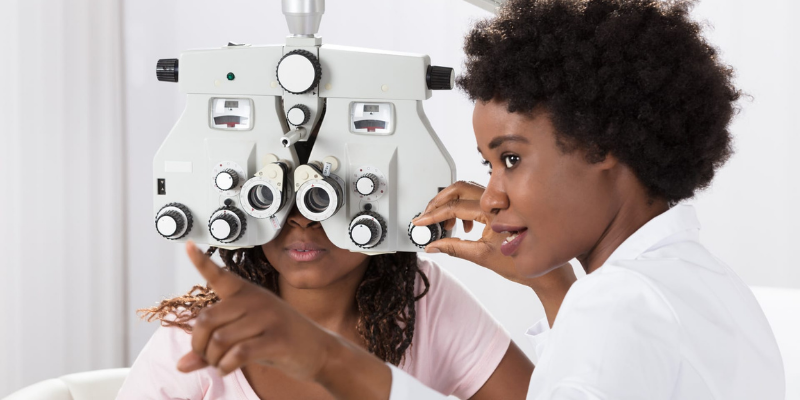Take Care of Your Eyes
Your eyesight is one of your senses that is important to take care of. Our seniors especially those over the age of 60 should see their eye doctors regularly to manage their eye health. Glaucoma is one of the eye diseases our seniors need to be mindful of. It involves the damaging of the optic nerves that can sometimes result in permanent vision loss. January is National Glaucoma Awareness Month and so we wanted to share some helpful information for you to help manage your eye health.

Types of Glaucoma
- Open-angle Glaucoma
- Angle-closure Glaucoma
- Normal-tension Glaucoma
Risk Factors of Glaucoma
- Family History of Glaucoma.
- Age (Those 60 and over or African Americans aged 40 and over)
- Increased Eye Pressure
- Thin Cornea
- Very Severe Nearsightedness
- Eye Injury or Surgery
- Underlying Health Conditions (Diabetes, Hypertension, or Cardiovascular Disease)
- Use of Corticosteroid Medicines
Symptoms of Glaucoma
The most common form of glaucoma is the open-angle glaucoma and there are usually no symptoms associated with increased eye pressure. Vision loss can begin with the peripheral or side vision. Angle-closure glaucoma can suddenly appear with the following symptoms:
- Severe pain in the eye or forehead
- Blurred or reduced vision
- Nausea or vomiting
- Headache
- Eye Redness
- Halos around lights
Get Your Eyes Checked Regularly!
Since glaucoma often has no symptoms, it is important for you to get your eyes checked regularly, especially for our seniors. Ophthalmologist can perform comprehensive eye exams to help diagnose if glaucoma is present. Since there is no cure yet for glaucoma, it is important to get tested regularly so doctors can catch it early and help treat it through the best treatment that works best for you.







